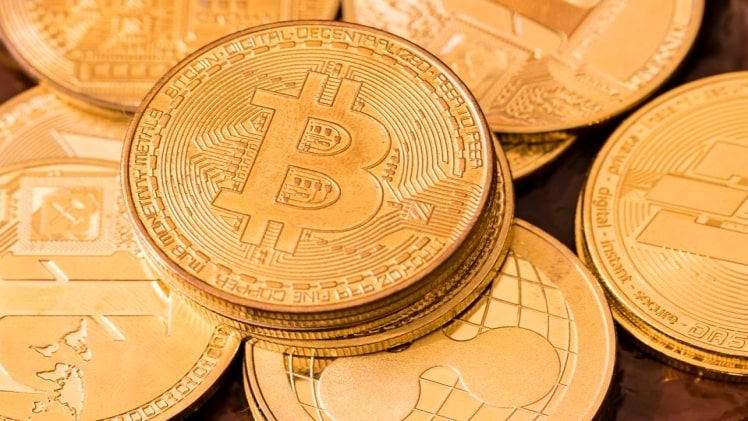It would appear that India is at the crossroads of making a decision about the future of cryptocurrency in the country. It would be an understatement to say that the government has been slow to act on crypto regulation up to this point in time. However, there are indications that reality has set in and the nation’s key government agencies now look prepared to tackle this issue head-on.
The Biggest Concerns
Like many other nations throughout the world, India is faced with the reality that its residents are ready and willing to embrace the use of cryptocurrency as a means of exchange between merchants and customers. Moving forward, regulators will need to decide what kind of protections need to be put in place sooner rather than later.
If You Need More Information Visit This Link : wldnet
For More Information Check This Link : suntonfx
If You Need More Information Visit This Link : vscialisv
At issue is the speed at which digital currency is starting to spread throughout the world. The Reserve Bank of India behind Dr. T Rabi Sankar, Deputy Governor, is in need of a regulatory scheme that will protect the economy on a macro scale while also protecting citizens on a micro-scale.
The biggest concerns at the macro level revolve around the notion that trading in crypto could destabilize the economy. They also have great concerns about the possibility of the free flow of crypto throughout the country will compromise the government’s efforts to oversee the nation’s anti-money laundering efforts. As part of the Financial Action Task Force (FATF), the government has an obligation to make sure it has the ability to cooperate with other nations.
At the micro-level, regulators need to be focused on protecting their citizens from a plethora of problems that have been plaguing the crypto market. Some of the issues that crypto users are facing include cybersecurity issues for crypto exchanges, Ponzi schemes, challenges around data privacy, and crypto market volatility.
India’s Current Crypto Policy is One of Indecision
Over the last eight or nine years, regulators have been all over the map regarding their stance on crypto in the Indian economy. In 2014 and 2014, the government was strong warning citizens about the dangers associated with investing in crypto. Five years later, the Reserve Bank of India went so far as to attempt an all-out ban on crypto in the country. That was followed by “The Cryptocurrency and Regulation of Official Digital Currency Bill of 2021”, which continues to be debated in Parliament.
As of today, there is neither a ban in place against the use of crypto nor are there any regulations in place to control the activities of citizens using crypto. According to Finance Minister Nirmala Sitharaman,
“Whatever the government does, we consult and have discussions with the Reserve Bank of India and therefore, we take calls. So, if we were to tax 30 percent and then also go and discuss GST and everything else, I would be tying RBI‘s hands if I hadn’t even talked with them…There is a level of partnering with each other that is happening,”
As a side note, one decision has been made. there will be taxes levied on tax digital assets like cryptocurrencies and non-fungible tokens (NFT).

